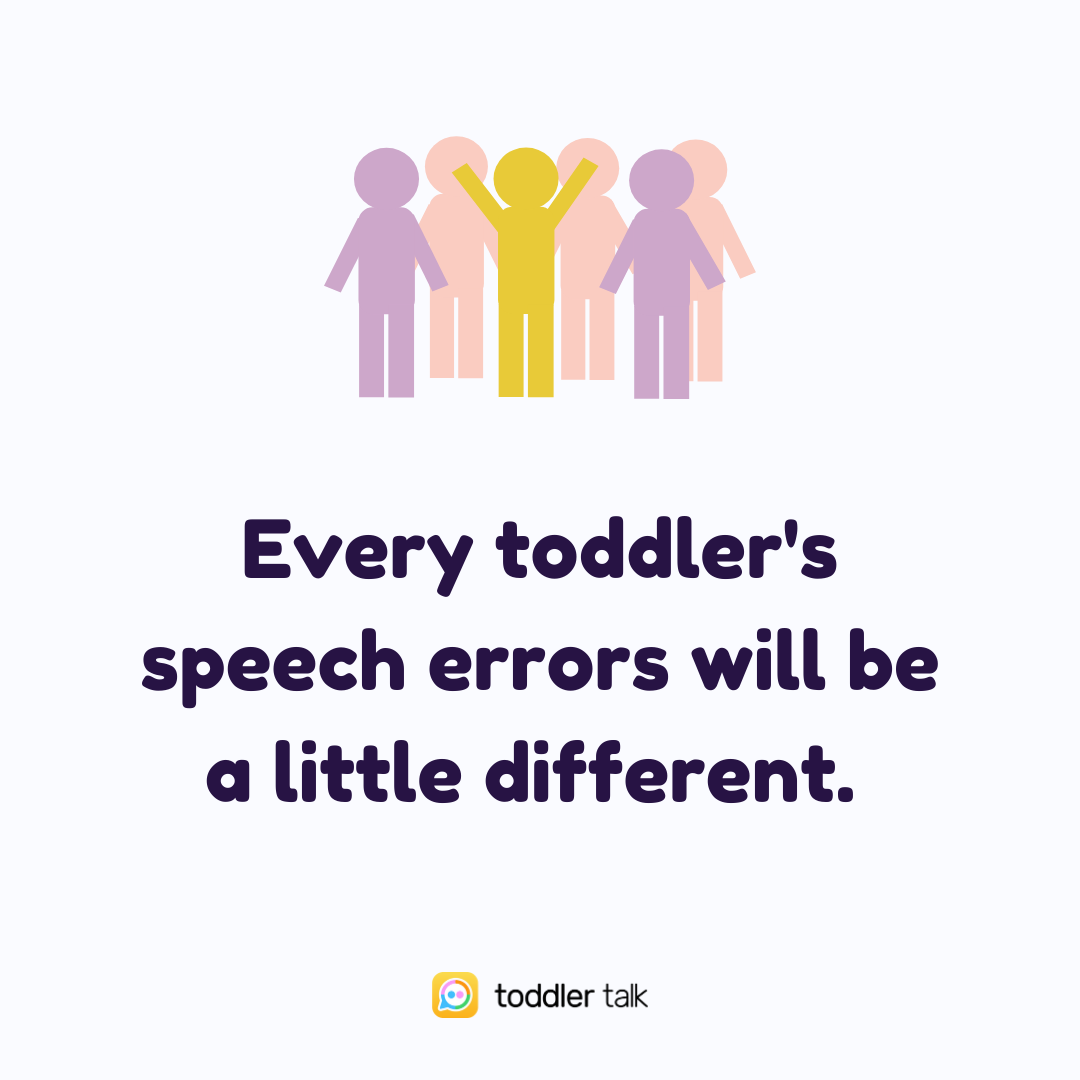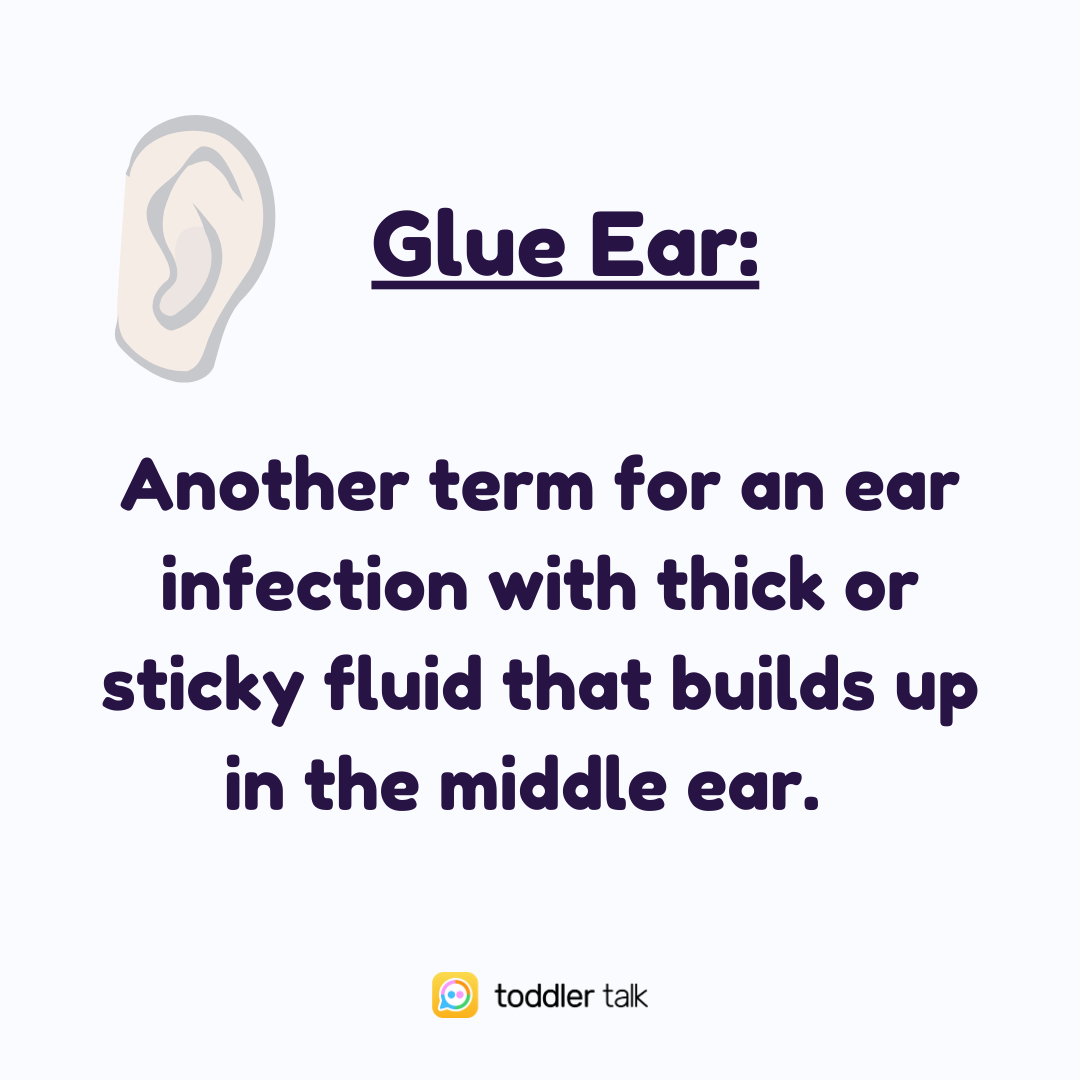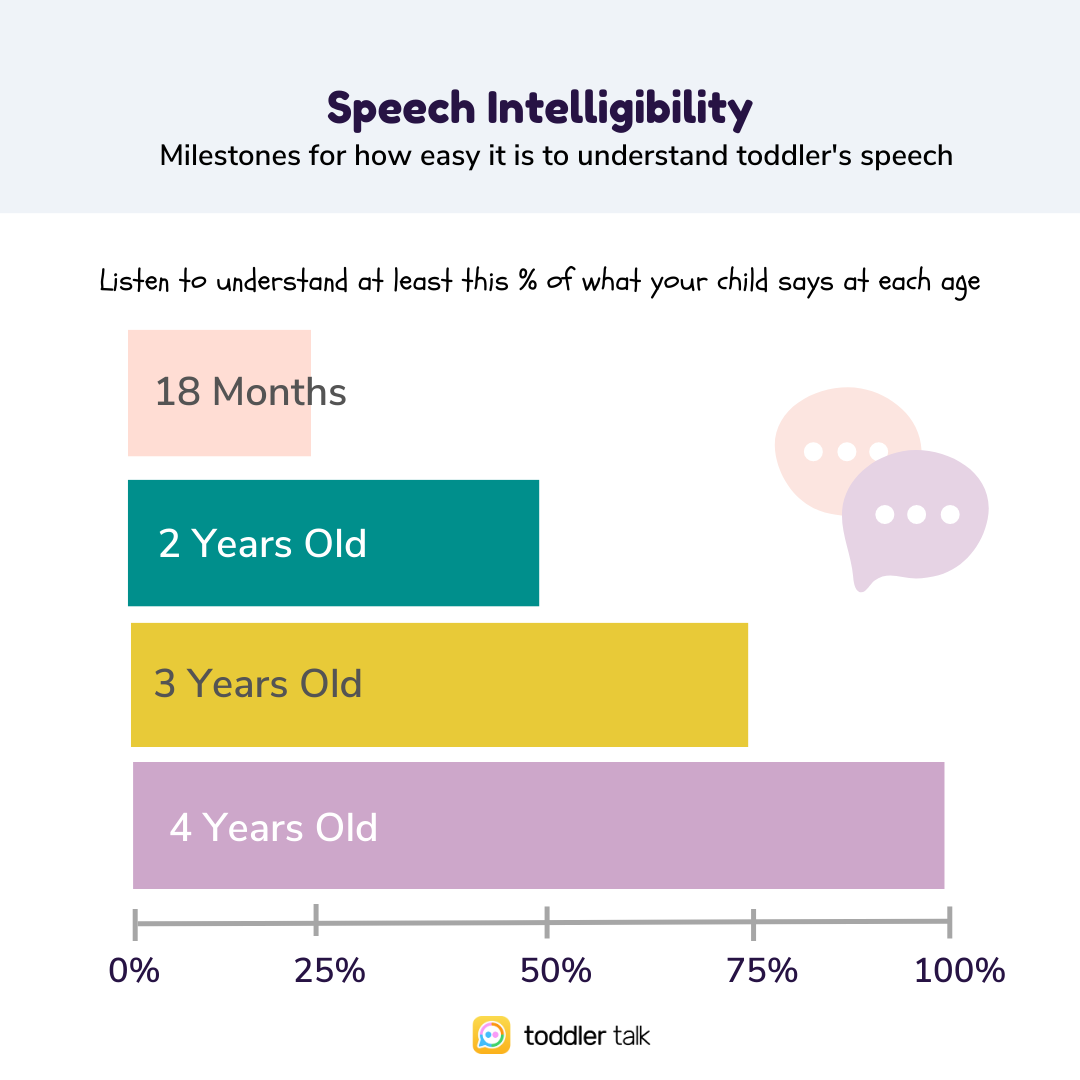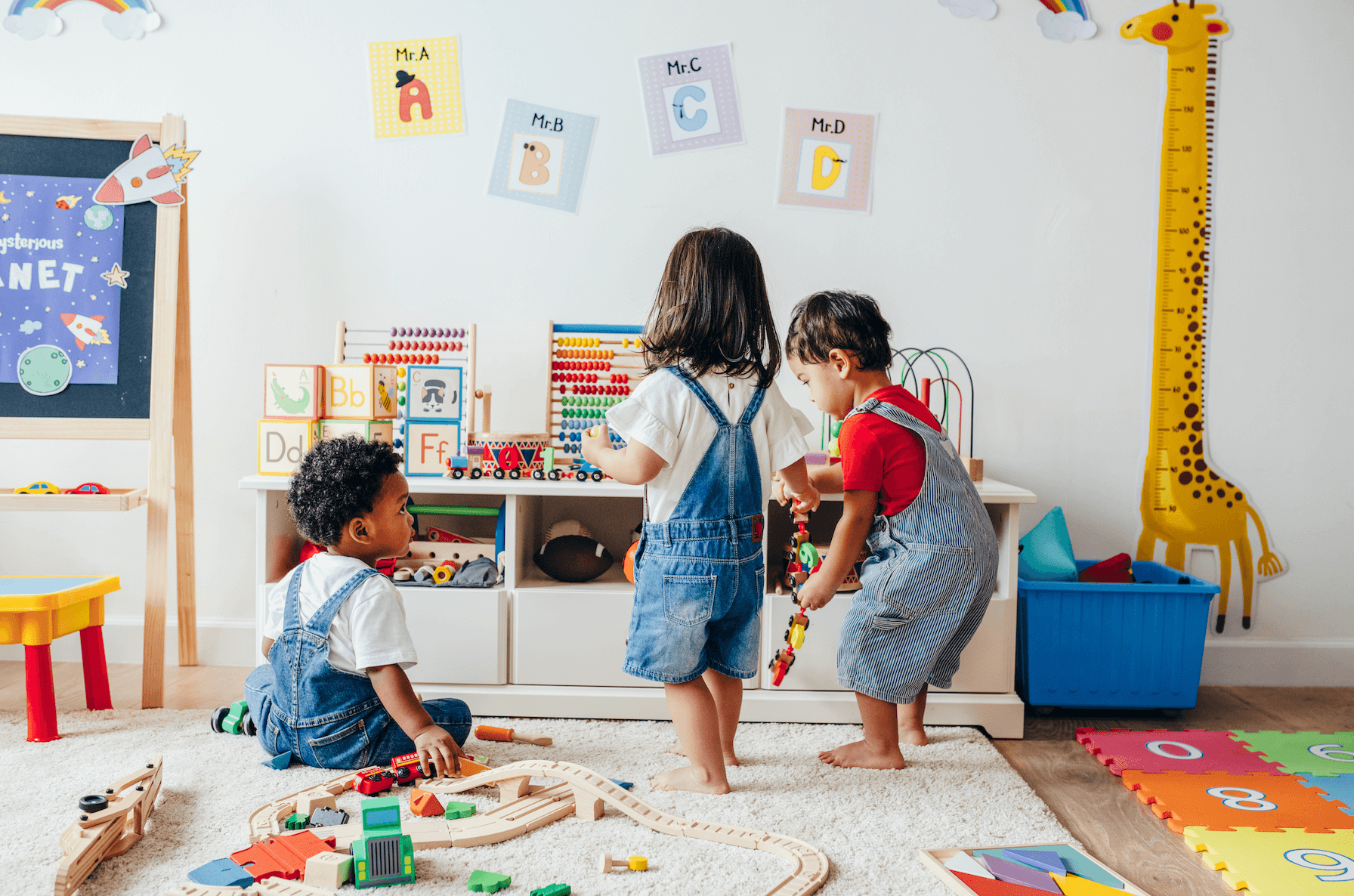Toddler Talk Q+A: Your Guide to 2-Year-Old Development
I’m very excited to share a Q&A session on speech and language development for 2-year-olds!
As a speech therapist with a passion for helping parents navigate their toddlers' communication journey, I've gathered the most frequently asked questions from moms and dads just like you.
In this blog post, we'll address common concerns related to:
I'll provide insightful answers and practical solutions to support your child's speech and language skills. Plus, I’ve linked TONS of free resources and activities for you throughout!
Toddler Talk 2-Year-Old Q+A
Watch on YouTube or read along!
1. When should toddlers start putting words together?
The milestone is 2-word phrases by 2 years old.
By the time your little one is 24 months, we'd expect them to combine words. Before working on word combinations, ensure your child has a vocabulary of at least 50-100 words.
Here’s a resource with speech therapy tips and activities for teaching your little one to put 2 words together when they’re ready - Putting 2 Words Together Guide
2. My toddler is having trouble with the P sound. He says "sassy" instead of "paci" for pacifier. Is this a speech issue?
This probably has nothing to do with the “P” sound, assuming that your son can pronounce the “P” sounds in other words like Pop! or up without a problem.
When toddlers make rule based errors in their speech, speech therapists say that they are using a phonological process. Phonological processes are used by toddlers to make words easier to say as they are learning.
What you’re noticing is likely a phonological process called assimilation. This happens when one consonant sound becomes the same as a different consonant sound in the same word - in other words a child uses the same consonant sound twice. Other examples of assimilation are saying “mime” for mine and “bauble” for bottle.
Assimilation is a common speech error for toddlers and should resolve by age 3.
Check out my guide on toddler speech errors for more information.
3. Is it normal for a 2-year-old to say only the beginning sounds of words? For example, they say “Pho” for phone and “Bea” for beach.
Yep! Like we talked about in Question 2 this is a common phonological process or toddler speech error. It’s called “final consonant deletion” because they leave the final consonant sound off when they pronounce a word.
Other examples of final consonant deletion would be saying:
“Da” for dog
“Ni” for night
“Qua” for quack
Final consonant deletion usually goes away on it’s own by age 3.
I’ve put together tips and activities you can utilize at home to help your child learn to use final consonant sounds - Check it out here!
4. Is it normal for a 2-year-old to replace "f" sounds with "s" sounds?
Yes, this can happen. Speech errors are expected at this age as toddlers are still developing their pronunciation skills. Each child may have different errors that make words easier for them to say based on their current abilities. For example, some children may have an easier time pronouncing the “S” sound versus the “F” sound, or vice versa.
For more information, refer to my speech sounds by age post. You’ll learn the milestones for different speech sounds, so you can listen for the sounds most kids have learned by your child’s age.
If you want to take a closer look at your child’s speech, I put together an at home “test” you can use to see which sounds your child has learned and which sounds you ought to work on next. Find our speech sounds “test” here.
5. Should I worry if my 2-year-old can't pronounce their name yet?
It's generally not a concern if your 2-year-old struggles to pronounce their name.
Many names contain hard to pronounce sounds or have more sounds in general. For example, names like Christopher and Lauren are harder to pronounce than names such as Tom or Kate.
If your child’s name is hard to pronounce, they may simplify their name on their own or use a nickname while they’re still learning. If they haven’t tried saying their name yet, you might create a nickname for them with less sounds and/or easier to pronounce sounds to see if they’ll copy that. As their pronunciation skills grow, you can teach them to say their full name.
If your little one can’t say their name when they are about 3 years old (the pronunciation of their name doesn’t need to be 100% correct if it contains later developing sounds, but their name should be recognizable when they say it!), then it might be a good idea to discuss with your pediatrician and maybe a speech evaluation would be appropriate.
Wanting to help your child say their name? - Check out these tips and activities
6. My 2-year-old isn't saying any words and has been diagnosed with glue ear. What should I do?
Glue ear refers to chronic ear infections with thick or sticky fluid buildup in the middle ear, which affects a child’s hearing.
Clearing the ear infection is crucial, as impaired hearing can make it much harder for children to develop their speech skills. You’ll want to consult your child’s pediatrician and an Ear Nose and Throat (ENT) doctor. Your doctors will help determine the best plan to clear up your little one’s ear infection.
You’ll also want to consider a speech and language evaluation. Speech therapy can help boost a child’s speech and language skills. Keep in mind, your child isn’t expected to make a ton of progress in their verbal communication development until they are able to hear what other people are saying more clearly (this happens when the ear infection is treated by a doctor and the thick liquid is cleared from the middle ear).
Teaching baby sign language can support communication during the time your child’s ear infection is resolving.
Here’s a guide to teaching baby sign language to build your child’s communication.
And my step-by-step guide for finding a pediatric speech therapist in your area.
* Friendly parent reminder: Please consult your child’s doctor, glue ear cannot be treated at home. *
7. Should I be worried if my toddler stutters or gets stuck on words?
Stuttering is a speech disorder that affects the smoothness and fluidity of speech. It can manifest in various ways, including sound or word repetitions (e.g., W W W W Water), prolongations (e.g., IIIIIIIII want an apple), and blocks (when a person gets stuck and can't produce a sound or word). In toddlers, stuttering is fairly common, and most children who experience it during this stage of development will naturally outgrow it without intervention. This type of stuttering is known as developmental stuttering.
If your child has started stuttering, try these tips:
Allow your child to finish their words or thoughts.
Avoid drawing attention to the stutter or displaying stress about it.
Model smooth and slow speech by repeating stuttered phrases calmly.
Engage in stress-relieving activities like baby yoga or deep calming breaths with your child.
However, if your toddler's stutter persists beyond certain indicators, it may be considered a true stutter that requires the support of a speech therapist:
Your child is over 3 years old and is stuttering.
The stuttering has lasted for more than 6 months.
The type of stuttering observed includes prolongations and blocks, which are more indicative of a true stutter, rather than repetitions, which are typical in childhood disfluencies.
There is a family history of true stuttering.
For more detailed information, continue learning about stuttering in toddlers here.
8. My 3-year-old speaks well, but sometimes it's hard to understand her. Should I be worried?
Speech intelligibility refers to how easily others understand someone's speech. Speech intelligibility is measured as a percentage. 0% speech would mean you can’t understand anything a person says. Whereas 100% speech intelligibility would mean you can understand everything someone is saying.
By 3 years old, about 75% of a child's speech should be intelligible. It's normal for children to be less clear when tired, excited, or unwell.
If you have concerns or feel your child is harder to understand, talk to your pediatrician about scheduling a speech and language evaluation. A speech therapist can listen to your child talk and create a plan to help them improve their speech intelligibility if needed.
Check out our speech intelligibility guide for further information.
Thank you for following along for our Q&A session on 2-year-old speech and language development. I hope the answers and resources provided have reassured you and empowered you to support your child's communication skills.
Remember, every child develops at their own pace, but early intervention can make a significant difference 💛👶
Written By: Stephanie Hatleli, MS CCC-SLP
You may also enjoy these recent blog posts:
© 2020-2023. Stephanie Hatleli, MS CCC-SLP. All Rights Reserved.
The content offered on ToddlerTalk.com is for informational purposes only. Toddler Talk is not engaged in rendering professional advice, whether medical or otherwise, to individual users or their children or families. No content on this site, regardless of date, should ever be used as a substitute for direct medical advice from your doctor, speech language pathologist, or other health professional. By accessing the content on ToddlerTalk.com, you acknowledge and agree that you are accepting the responsibility for your child’s health and well-being. In return for providing you with information related to home speech and language practice, you waive any claims that you or your child may have as a result of utilizing the content on ToddlerTalk.com.










Boost Your Toddler's Language Skills with the Pout Pout Fish Book! Discover three practical ways to support your child's language development at every stage. From mimicking sounds to forming sentences, find fun and educational tips for enhancing your toddler's communication skills.